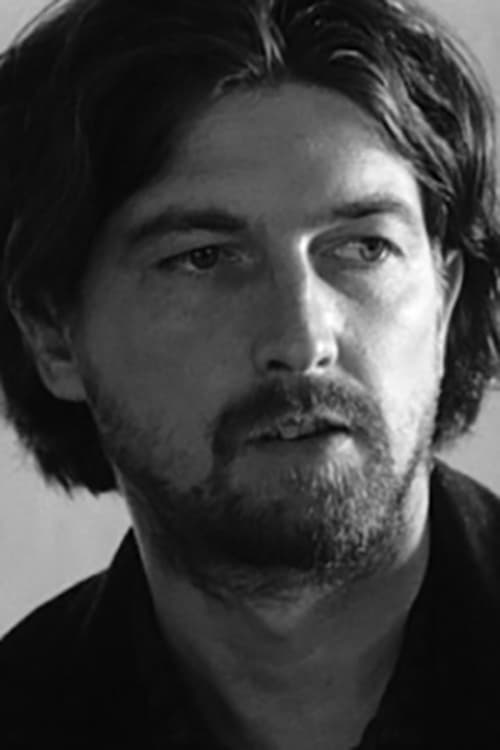Mihály Víg
出生 : 1957-09-21, Budapest, Hungary
略歴
Mihály Víg is a Hungarian composer, poet, songwriter, guitarist and singer; co-founder of bands Trabant (1980–1986) and Balaton (1979–present), also known for musical and acting collaborations with film director Béla Tarr on films including Damnation, Sátántangó (where he also played the lead role), Werckmeister Harmonies, The Man from London and The Turin Horse.

Self

Music
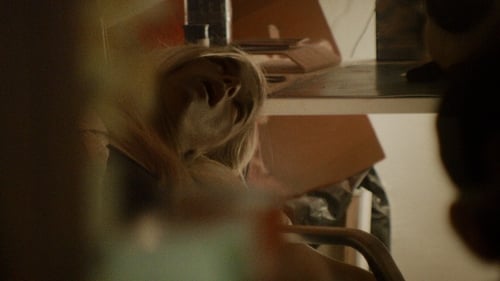
The film brings together various everyday and relationship stories from Budapest that at first glance have nothing in common. A sequel to Fliegauf's 2003 film 'Forest'

Music
A cultural history of ventriloquism disguised as a sci-fi TV series, integrating live actors with vintage and artist-made puppets. The Case of the Vanishing Gods is a fiction-doc hybrid that traces the phenomenon of ‘throwing voices’ from the oracles of ancient Greece to the spectacle of the modern horror film, and pushes the essay film into exciting new territory.

Compositor

Original Music Composer
Presents moving images of society’s outsiders, the impoverished and oppressed, whose lives are contrasted with the opulent surroundings of contemporary Vienna.

Original Music Composer
The three stories within Genesis explore the notion of family: a woman in her late thirties rediscovers the faith she lost as a child; a mother goes to extreme lengths to ensure that her daughter is saved from the fate she was forced to endure; a Roma boy’s family are killed and the perfect world of his childhood is destroyed.

Music
NOTFILM is a feature-length experimental essay on FILM -- its author Samuel Beckett, its star Buster Keaton, its production and its philosophical implications -- utilizing additional outtakes, never before heard audio recordings of the production meetings, and other rare archival elements.

Himself
A documentary about the making of The Turin Horse, the last film directed by Hungarian master Béla Tarr.

Original Music Composer
強風が吹き荒れる中、農夫(デルジ・ヤーノシュ)は、馬に荷車を引かせている。彼の家は見渡す限り何もない場所にぽつんと一本の木が立つ場所にあり、彼は娘(ボーク・エリカ)と二人でつつましい生活を送っていた。娘は井戸への水くみや、腕が不自由な父の着替えの手伝いなどを淡々とこなしており……。

Original Music Composer
A trip nearest to the boundaries of life and death: back and forth.
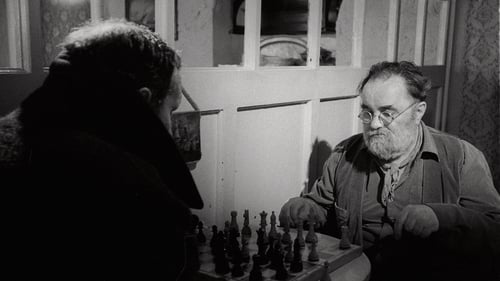
Music
A switchman at a seaside railway witnesses a murder but does not report it after he finds a suitcase full of money at the scene of the crime.
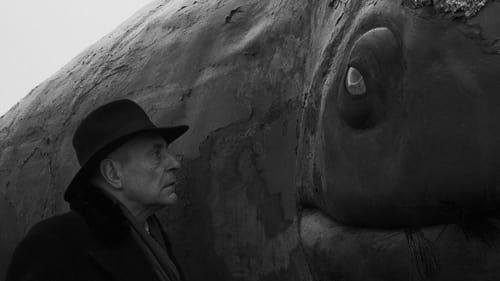
Music
A mysterious circus excites a small Hungarian town into a rebellion when a promised act doesn't perform.

Revisits of locations on the Great Hungarian Plain - the puszta - that were used in Tarr's Sátántangó and Werckmeister harmóniák. Recitations of short lyric poems by Hungary's national poet Sándor Petofi.
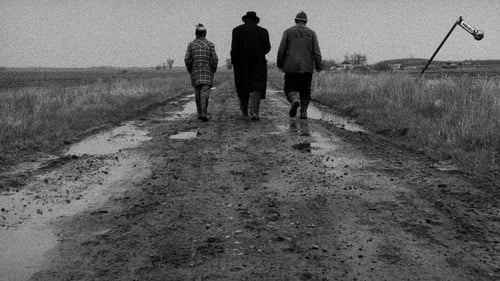
Music
Inhabitants of a small village in Hungary deal with the effects of the fall of Communism. The town's source of revenue, a factory, has closed, and the locals, who include a doctor and three couples, await a cash payment offered in the wake of the shuttering. Irimias, a villager thought to be dead, returns and, unbeknownst to the locals, is a police informant. In a scheme, he persuades the villagers to form a commune with him.

Story
Inhabitants of a small village in Hungary deal with the effects of the fall of Communism. The town's source of revenue, a factory, has closed, and the locals, who include a doctor and three couples, await a cash payment offered in the wake of the shuttering. Irimias, a villager thought to be dead, returns and, unbeknownst to the locals, is a police informant. In a scheme, he persuades the villagers to form a commune with him.

Irimiás
Inhabitants of a small village in Hungary deal with the effects of the fall of Communism. The town's source of revenue, a factory, has closed, and the locals, who include a doctor and three couples, await a cash payment offered in the wake of the shuttering. Irimias, a villager thought to be dead, returns and, unbeknownst to the locals, is a police informant. In a scheme, he persuades the villagers to form a commune with him.

Music
The last ship (Utolsó hajó) is leaving the quay. Sirens are sounding.

The last ship (Utolsó hajó) is leaving the quay. Sirens are sounding.

Writer
Director Janos Xantus was in the middle of making a video about Hungarian rock star Tamas Pajor when his subject suddenly became a convert to born-again Christianity. As a result, Xantus was able to record the startling transition. Pajor had been a hell-bent rocker, heavily into drugs, and known for a violent temper. We see him become a clean-living, clean-cut youth who sings about Jesus. Xantus had captured pre-conversion tape of Pajor trashing a hotel room and punching his hand through a plate glass window. In one of this film's most effective scenes, the new Pajor, hand heavily bandaged, quietly watches this footage. Rock Terito also has some dramatic recreations, but these add little to our understanding of Pajor. The transfer from video to film was generally effective, but some scenes are murkily lit. ~ Clarke Fountain, Rovi
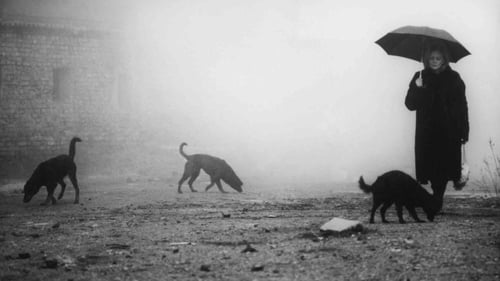
Original Music Composer
Karrer plods his way through life in quiet desperation. His environment is drab and rainy and muddy. Eaten up with solitude, his hopelessness would be incurable but for the existence of the Titanik Bar and its beautiful, haunting singer. But the lady is married and Karrer is determined to keep her husband away...

Original Music Composer
In this dense setting, the inhabitants of a large, claustrophobic apartment reveal their darkest secrets, fears, obsessions and hostilities.

A surrealistic-grotesque vision about the unlimited adventures of human mind in space and time.

Music
Black and White Short. Featuring collage centered around a drive through the country.
